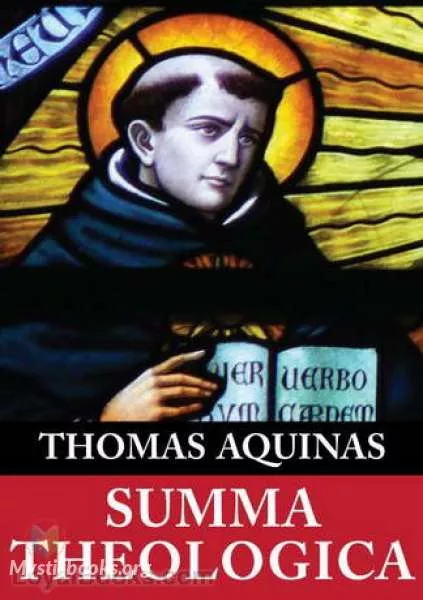
Summa Theologica, Pars Prima
'Summa Theologica, Pars Prima' Summary
St. Thomas's greatest work was the Summa, and it is the fullest presentation of his views. He worked on it from the time of Clement IV (after 1265) until the end of his life. When he died, he had reached Question 90 of Part III (on the subject of penance). What was lacking was added afterwards from the fourth book of his commentary on the Sentences of Peter Lombard as a supplementum, which is not found in manuscripts of the 13th and 14th centuries. The Summa was translated into: the Indo-European language of Greek (apparently by Maximus Planudes around 1327) and Armenian; many European languages; and Chinese.
The structure of the Summa Theologiae is meant to reflect the cyclic nature of the cosmos, in the sense of the emission and return of the Many from and to the One in Platonism, cast in terms of Christian theology: The procession of the material universe from divine essence; the culmination of creation in man; and the motion of man back towards God by way of Christ and the Sacraments.
The structure of the work reflects this cyclic arrangement. It begins with God and his existence in Question 2. The entire first part of the Summa deals with God and his creation, which reaches its zenith in man. The First Part, therefore, ends with the treatise on man. The second part of the Summa deals with man's purpose (the meaning of life), which is happiness. The ethics detailed in this part are a summary of the ethics (Aristotelian in nature) that man must follow to reach his intended destiny. Since no man on his own can truly live the perfect ethical life (and therefore reach God), it was necessary that a perfect man bridge the gap between God and man. Thus God became man. The third part of the Summa, therefore, deals with the life of Christ.
In order to follow the way prescribed by this perfect man, in order to live with God's grace (which is necessary for man's salvation), the Sacraments have been provided; the final part of the Summa considers the Sacraments.
Book Details
Language
EnglishOriginal Language
LatinPublished In
1485Authors
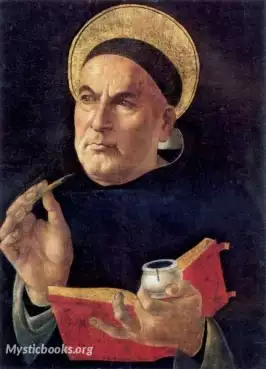
Saint Thomas Aquinas
Italy
Thomas Aquinas was an Italian Dominican friar, philosopher, Catholic priest, and Doctor of the Church. An immensely influential philosopher, theologian, and jurist in the tradition of scholasticism, h...
Books by Saint Thomas AquinasDownload eBooks
Listen/Download Audiobook
- Select Speed
Related books

Sermons on Several Occasions, Third-Fifth Series by John Wesley
This collection of sermons by John Wesley, a founder of the Methodist denomination, presents the core doctrines and teachings of his faith. Covering a...

聖經 (和合本) 新約全書 - 馬太福音 (Matthew) by Chinese Union Version
聖經 (和合本)(簡稱和合本;或稱國語和合本、官話和合本),是今日華語人士最普遍使用的聖經譯本。此譯本的出版起源自1890年在上海舉行的傳教士大會,會中各差...

Working for God by Andrew Murray
Andrew Murray wrote “Working for God”, a book of daily meditations for a month, as a sequel to “Waiting on God”. The object of the book is, in Murray’...

Epistle of St Paul to the Romans by Handley Carr Glyn Moule
This book is a commentary on the Epistle to the Romans, one of the most significant books in the New Testament. The author, Handley Carr Glyn Moule, w...
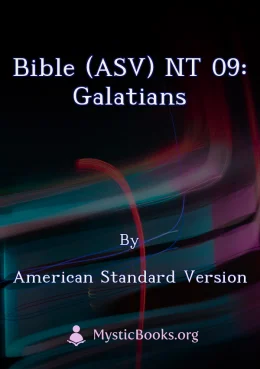
Bible (ASV) NT 09: Galatians by American Standard Version
The Epistle to the Galatians is a book of the New Testament. It is a letter from Paul of Tarsus to a number of early Christian communities in the Roma...

A Serious Call to a Devout and Holy Life by William Law
This is one of the greatest devotional books of the Christian faith, inspiring thousands to a closer walk with their Lord. John Wesley was a close ass...

How to Succeed in the Christian Life by Reuben Archer Torrey
In this, Torrey provides practical and insightful advice on how to live a successful Christian life. He covers a wide range of topics, including praye...
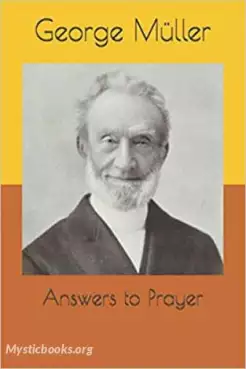
Answers to Prayer, from George Muller's Narratives by George Muller
Mr. Brooks, in this compilation, has endeavored to select those incidents and practical remarks from Mr. Müller's Narratives, that show in an unmistak...

Annie Besant by Annie Besant
Annie Besant's autobiography recounts her journey of self-discovery and spiritual awakening. Growing up in a Christian environment, she gradually aban...
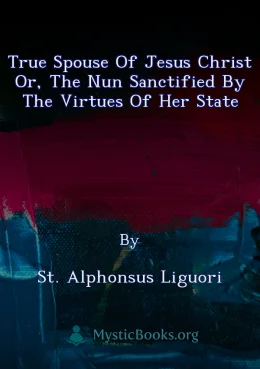
True Spouse of Jesus Christ or, The Nun Sanctified by the Virtues of Her State by St. Alphonsus Liguori
This book, originally written for nuns, delves into the principles of Christian life, particularly focusing on the vows and discipline of religious or...
Reviews for Summa Theologica, Pars Prima
No reviews posted or approved, yet...